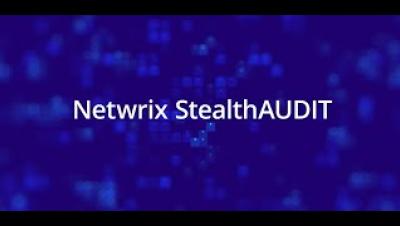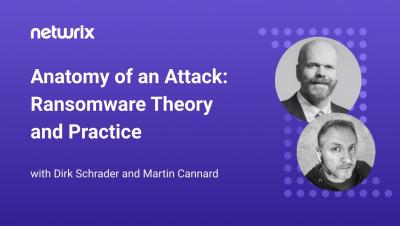Security | Threat Detection | Cyberattacks | DevSecOps | Compliance
December 2021
Netwrix Change Tracker
Anatomy of an Attack: Ransomware Theory and Practice
Software Deployment Tools: SCCM vs Intune vs GPO vs More
There are many software deployment tools to deliver software and updates to your endpoints, but just because you have a lot of options doesn’t mean it has to be confusing. You might pick one software deployment tool to do it all, or you might pick several automated software deployment tools depending on your needs.
Windows CSP: Simple Tips That'll Save Your Bacon
The majority (66%) of companies today have started some transition or co-management to the cloud. The goal is to digitally transform the enterprises of the companies. While the basic network concepts may be similar, the cloud is a different beast. It uses different protocols and management tools. There is also a host of new acronyms to learn.
Oracle Java License Change: Everything You Need to Know
The Oracle Java license change has become a hot topic amongst information technology professionals. As of January 2019, administrators who install Java 8 U 202 and later are only able to get security updates when they purchase support for each desktop. Furthermore, Java 11 and above is only available from Oracle under a commercial support agreement. The Java Oracle license change has raised concerns because support costs are expected to rise.
Intune Script Secrets: How to Deploy Any Script with MS Intune
When it comes to deploying scripts for Intune admins, there is only one script method available: Intune PowerShell Scripts. PowerShell can be a powerful format, but you likely have existing scripts you want to leverage with your domain-joined and non-domain-joined machines. Intune script capabilities don’t enable you to deploy VBscripts, batch scripts, or JavaScript scripts. The screenshot below shows the full complement of options available for script deployment using MEM (Intune).
AppLocker Pros, Cons, and Alternatives
AppLocker is an application control feature found in enterprise editions of Windows. The tool enables you to manage which applications and files users can run. Windows AppLocker aims to limit software access and related data from specific users and business groups. The results of which is heightened security reduced administrative overhead and fewer helpdesk calls.
5 Top Local Administrator Password Solution (LAPS) Tips
The local Windows administrator account is a coveted target for hackers and malware. There are potentially a lot of bad things that can happen if a hacker can crack the local admin account of one of your servers. Dreadful things usually occur when someone downloads a malicious malware strain using the administrator account as well. The magnitude of these problems is amplified even more if you use the default administrator account for every similar machine uses the same password.





